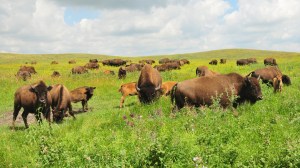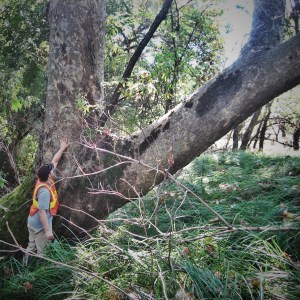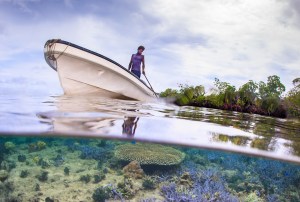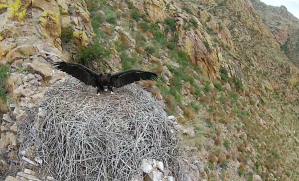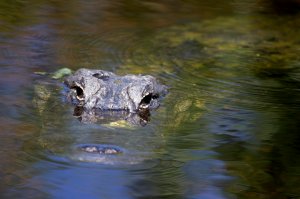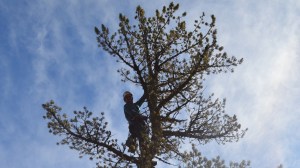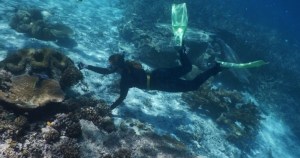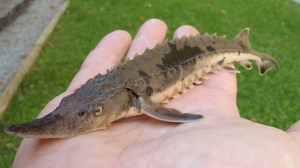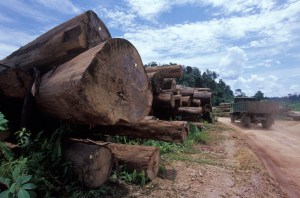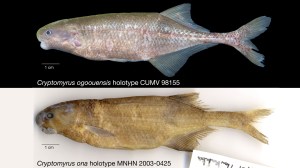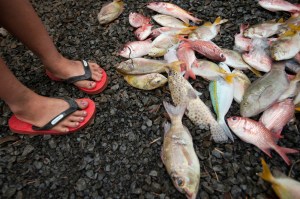Discover stories in Conservation Science
The Incredible Shrinking Bison, an Unexpected Impact of Climate Change
Shrinking bison? One of the unexpected impacts of climate change is bison changing their diets. And it could in turn affect how we manage the prairie.
Unraveling the Mystery of the Western Sycamores that Weren’t
The problem? As trees in some of their restoration sites grew to maturity, they didn’t look like the native western sycamores the scientists were sure they had planted.
Follow that Grouper: What Migration Data Tell Us About Locally Managed Marine Conservation
New research shows that minimal expansions to community-based protected areas in Melanesia can greatly enhance protection of fish populations.
Can Drones Help Monitor Vultures on Mongolia’s Eastern Steppe?
Conservancy scientists are testing whether unmanned aerial vehicles, or drones, are an effective tool to monitor Cinereous Vulture populations in Mongolia’s Kherlen Toono Uul Nature Reserve.
The Alligator in the Basement: Breeding Bird Colonies Benefit Alligator Health in the Florida Everglades
Scientists have discovered that alligators living near nesting bird colonies in the Florida Everglades are healthier than those without access to this food resource.
Harvesting Whitebark Pine Cones to Save a Forest
Near the top of the Rockies, crews climb trees and risk danger to collect pine cones. But this isn’t an extreme sport: their work is key to saving one of the West’s iconic trees.
Adventures in Alternative Energy: Giant Clam Edition
The world's largest clams may well hold the missing link to large-scale production of clean biofuels from algae.
Recovery: Saving Lake Sturgeon, an Ancient Fish with a Bright Future
Lake sturgeon, our elders by some 150 million years, have a bright future — if Americans ignore voices of the past.
Mapping Reduced-Impact Logging with Lidar
Nature Conservancy scientists are using lidar ⎯ light pulses beamed down from airplanes ⎯ to map reduced-impact logging in Indonesia.
They’re Electric: Two New Fish Species Discovered in Gabon
Not your typical fish story: Journey to Gabon to encounter two new species of electric fish.
The Path to Sustainable Fisheries is Paved with Data
The SNAPP Data-Limited Fisheries Working Group is field testing a user friendly application that puts management and science-based sustainability within the reach of small-scale and data-limited fisheries.
Recovery: Rehoming Brook Trout, the Dweller of Springs
Throughout its natural range, the brook trout is finding less and less of what it needs most: clean, cold water. But recovery efforts are underway, Ted Williams reports.
